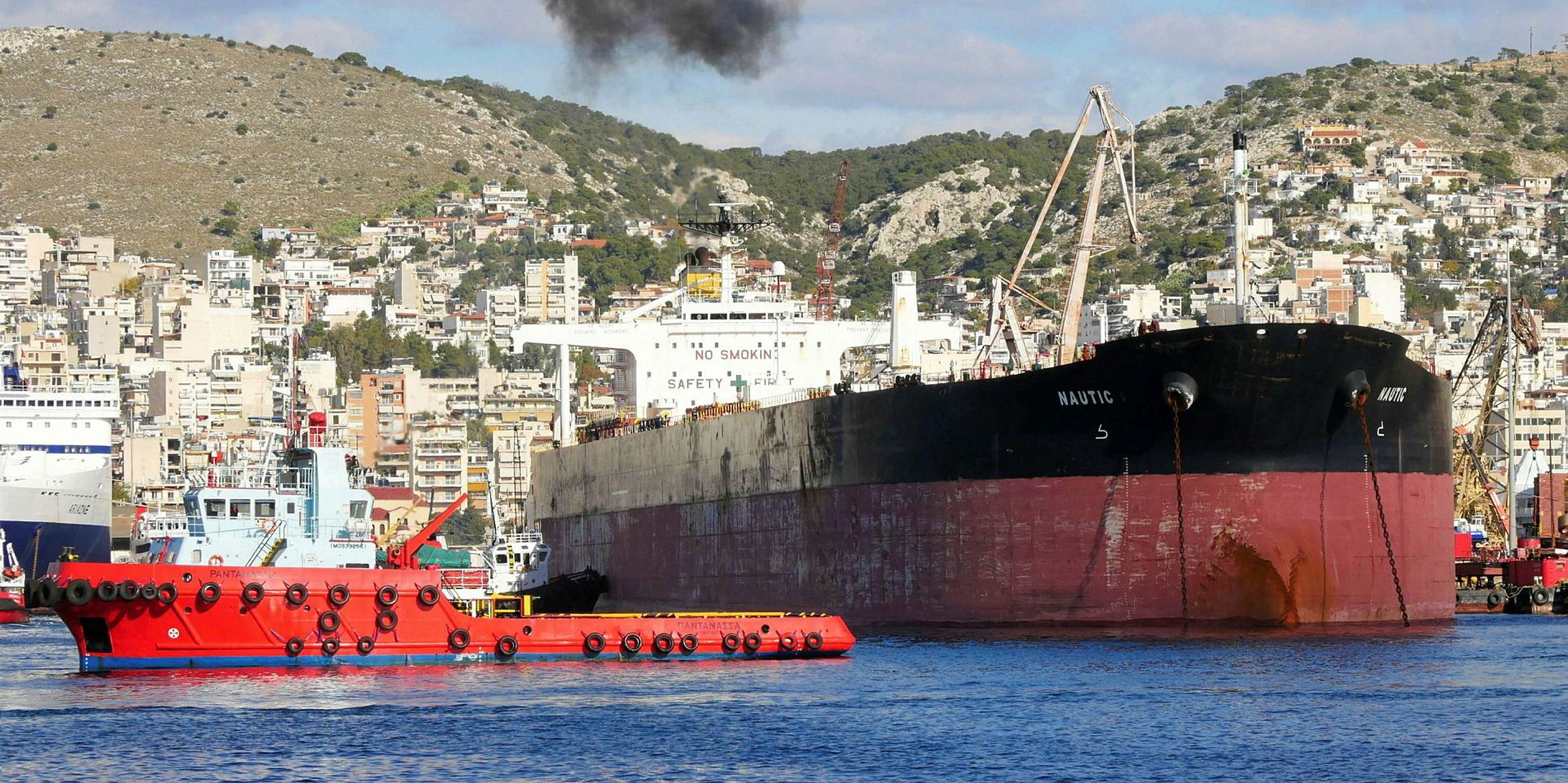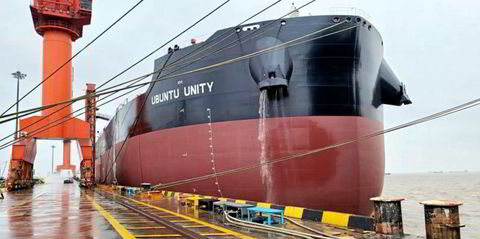The US government has put its expectations for shipping in writing.
The country's Treasury and State departments and its Coast Guard released a 35-page document on Thursday outlining steps shipping can take to avoid running foul of its sanctions regime targeting North Korea, Syria and Iran.
The notice effectively tells the industry exactly what the US expects as it continues its aggressive enforcement.
Lawyer Wynn Segall of Akin Gump Strauss Hauer & Feld said the Department of the Treasury's Office of Foreign Assets Control (Ofac), which manages the sanctions regime, "has drawn a line in the sand that puts companies on notice that this is a list of best practices they're expected to follow".
"If they don't follow them, they'll be doing so at their own peril if things go wrong on a sanctions issue," he said.
The document follows on from similar guidance published last year targeted towards shipowners. Those advisories, released in February and March, named ships that allegedly violated sanctions against North Korea, Syria and Iran, but did not take action against them.
The move comes as Ofac has focused on shipping as one of the ways it can better enforce sanctions.
In 2018 and 2019, more than 120 sanctions each year were levied against shipping companies, vessels and individuals. More recently, US authorities charged two Iranian nationals and moved to seize rougly $10m owed to a Greek shipowner over the sale of a tanker allegedly bought fraudulently to bolster Iran's oil industry.
Thursday's advisory was more comprehensive and holistic, covering everyone from shipowners and protection and indemnity clubs to banks and ship captains, according to Blank Rome attorney Matthew Thomas.
The document contains several pages where the US government details recommendations specific to each part of the shipping industry.
"It's more detailed and robust than what they've done in the past," Thomas said.
“Big picture, this is not a regulation. It’s not mandatory. They’re guidelines,” he added, insisting that they can cut down the risk of running foul of US sanctions.
Both Thomas and Segall said implementing the recommendations could improve a company's ability to argue that they were not complicit, should sanctions-busting activity take place.
"This gives you a menu of things you'd want to be able to point to in the way your compliance programme works and safeguards that you have implemented that would help you to demonstrate to the agency, if a sanctions issue arises despite your best efforts, that really, you did everything right and you're a victim and should not be held liable for penalties," Segall said.
Much of the document tends to rehash requests that the US has made in the past, including mandatory use of AIS.
Lawyer Bruce Paulsen of New York firm Seward & Kissel said owners should consider making AIS a requirement in charter contracts.
"Most sanction clauses [in current charter forms] do not mention AIS transmission in the sanctions clause of charter contracts," he said. "The market has been reasonably slow to change."
He added that the Ofac document highlights the importance of due diligence and knowing your customers.
"If you charter out, you need to [know] what you are dealing with, you need to take a hard look at your customers," he said.






